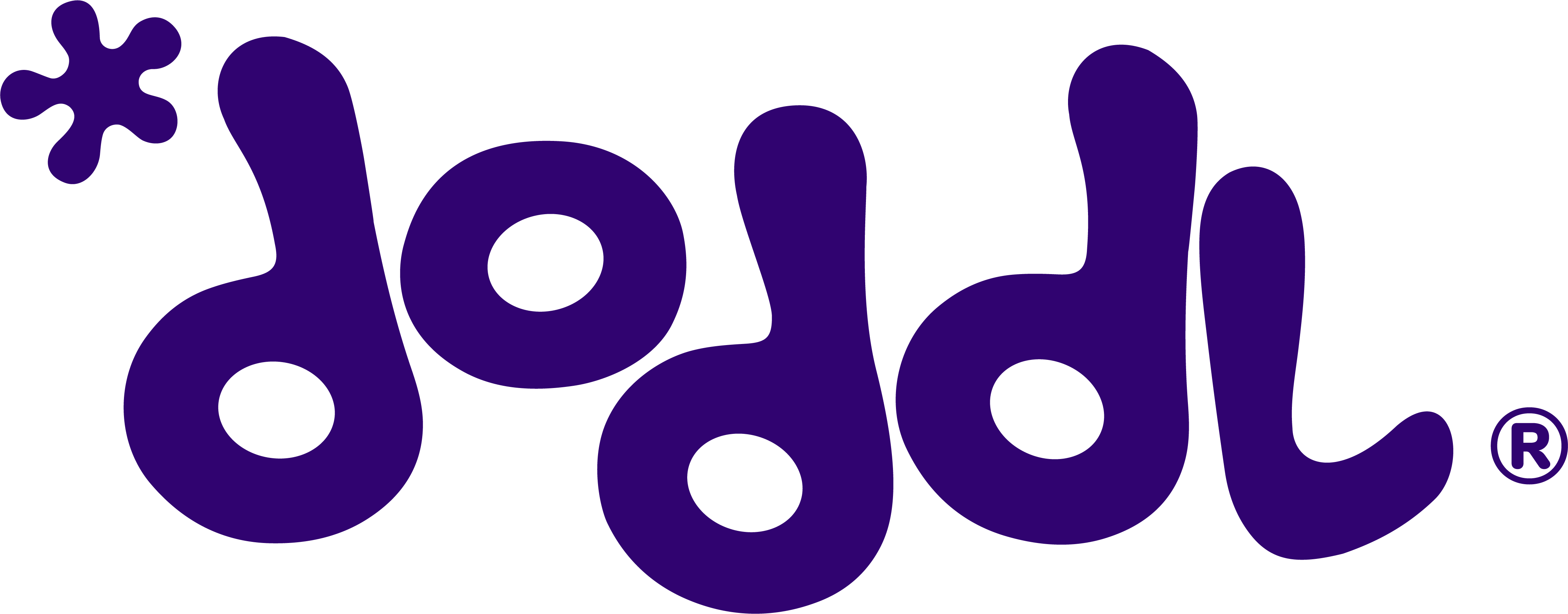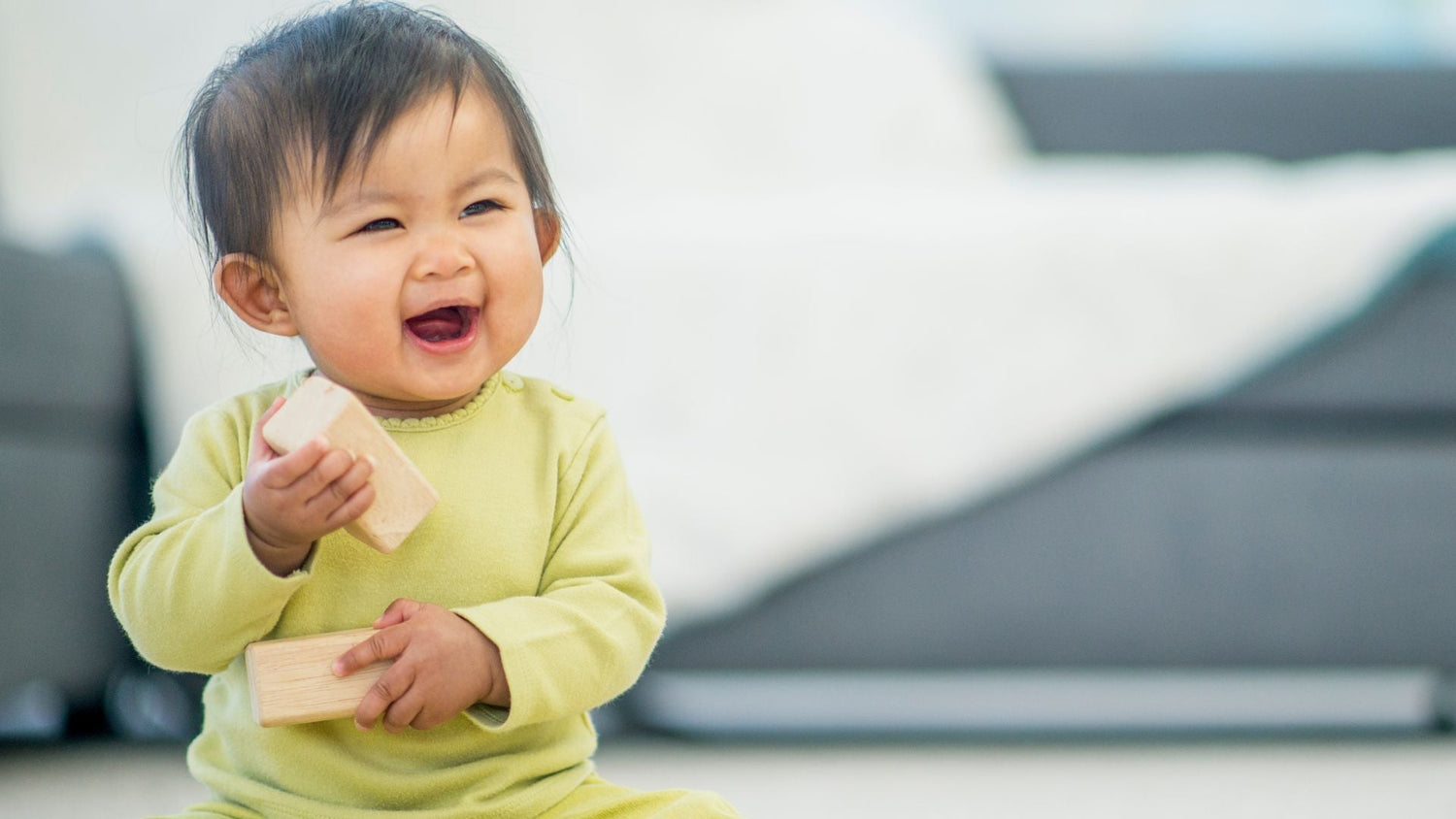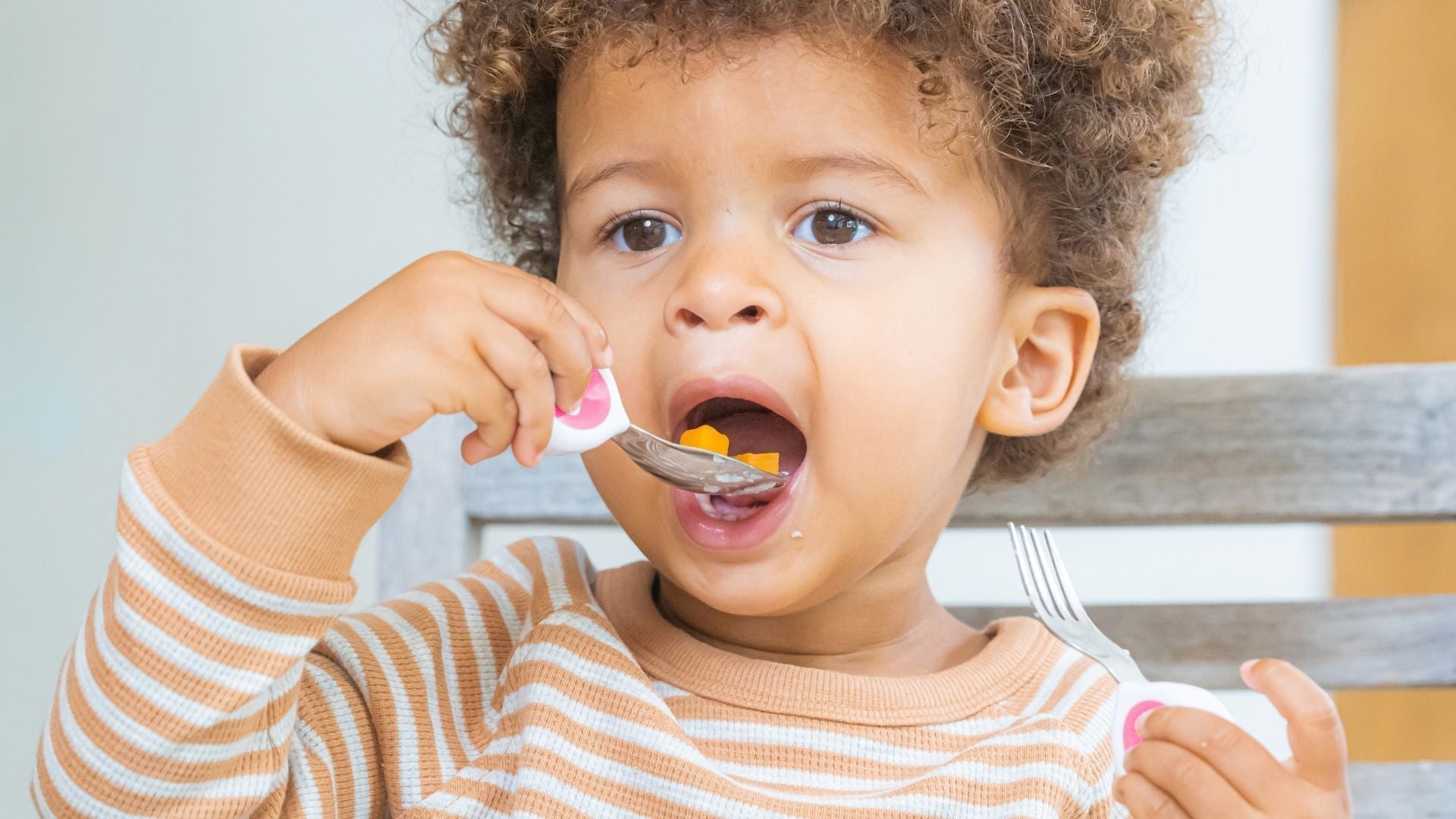Watching a toddler navigate the world is like observing a tiny explorer on a grand adventure. From those first wobbly steps to the triumphant scribbles on paper, every movement is a leap towards independence. But have you ever wondered what's really happening behind those adorable attempts? Welcome to the fascinating world of fine and gross motor skills – the building blocks of your toddler's physical development.
In this comprehensive guide, we'll unravel the mystery of motor skills, exploring how they develop, why they matter, and how you can support your little one's journey. Whether you're a first-time parent or a seasoned caregiver, understanding these crucial developmental milestones can help you nurture your toddler's growth with confidence and joy.
Let's dive into the world of wiggles, giggles, and incredible developmental strides!
Understanding fine motor skills

Imagine trying to button a shirt with oven mitts on – that's a bit like what toddlers experience as they develop their fine motor skills. These skills involve the coordination of small muscle movements, primarily in the hands and fingers, working in tandem with the eyes. They're the key elements of everyday tasks, from picking up a pea to drawing a masterpiece on your living room wall (sorry about that!).
Fine motor skills are all about precision and control. They're what allow your toddler to:
- Grasp small objects
- Turn pages in a book
- Use utensils (even if more food ends up on the floor than in their mouth at first)
- Scribble with crayons
- Stack blocks (and knock them down with glee)
Developing these skills is a gradual process, like piecing together a complex puzzle. Each small achievement builds upon the last, creating a foundation for more advanced skills later in life.
While it's normal for toddlers to struggle with these tasks initially, persistent difficulties might indicate poor motor skills, which can manifest in various ways as children grow. Understanding these challenges can help you provide targeted support for your little one's development.
Fine motor skill development milestones

As your toddler grows, their fine motor skills develop in fascinating ways. While every child progresses at their own pace, here's a general timeline of motor skills milestones you might observe:
Early precision (9-12 months)
Around this time, many toddlers master the pincer grasp, using their thumb and forefinger to pick up small objects. You might also notice the beginnings of scribbling, as they discover the joy of making marks on paper.
Building and exploring (12-18 months)
At this stage, your toddler might start stacking two or three blocks and showing more interest in books, attempting to turn pages (often several at a time). Their scribbles become more intentional, though still largely random.
Advancing coordination (18-24 months)
Hand-eye coordination improves noticeably. Many toddlers can now turn knobs, open doors, and handle larger books with more skill. You might see attempts at drawing vertical lines. This is also when many children start experimenting with utensils during mealtimes.
Refined movements (24-36 months)
This period often brings a preference for using one hand over the other. Drawing skills expand to include circles and horizontal lines. Many children can now build taller block towers and may attempt simple patterns. Their ability to manipulate small objects becomes more refined.
Remember, these are general guidelines. Each child's development is unique, with some skills emerging earlier or later. The key is to provide varied opportunities for practice and exploration, always encouraging effort and celebrating progress.
Offer age-appropriate tools like chunky crayons, simple puzzles, and child-friendly toddler cutlery to support these developing skills. Activities that involve manipulating small objects (under supervision) can also be beneficial. Most importantly, keep it fun - enjoyable activities are the best motivation for little ones to keep practising and improving their fine motor skills.
Activities to enhance fine motor skills
Supporting your toddler's fine motor skill development can be as fun as it is beneficial. Here are some playful ideas:
- Playdough party: Squishing, rolling, and shaping playdough is a fantastic workout for little fingers.
- Sticker peeling: A simple sticker book can provide hours of fine motor practice (and decorative walls, if you're not careful!).
- Puzzles and peg boards: These classic toys are excellent for developing pincer grasp and hand-eye coordination.
- Threading games: Stringing large beads or pasta onto shoelaces can be a delightful challenge.
- Water play: Squeezing sponges or using eye droppers can be both soothing and skill-building.
While these activities are great starting points, some children might need extra support in developing their fine motor skills. If you notice your child consistently struggling with tasks involving small movements, don't worry – there are many strategies to help a child with poor fine motor skills. From targeted exercises to adaptive tools, there are numerous ways to support your child's development and boost their confidence in tackling these important skills.
Understanding gross motor skills

Imagine your toddler as a little explorer, constantly on the move. Gross motor skills are the foundation of this exploration, enabling your child to navigate the world around them with increasing confidence and ability.
These skills involve the coordination and control of large muscle groups in the body, primarily those in the arms, legs, and torso. They're responsible for big movements that allow your child to:
- Maintain balance and posture
- Move from one place to another (crawling, walking, running)
- Perform actions that involve whole-body coordination (jumping, climbing, throwing)
Unlike fine motor skills, which focus on small, precise movements usually involving the hands and fingers, gross motor skills are about broader, more expansive actions.
Gross motor skills are what allow your toddler to:
- Crawl, walk, run, and jump
- Climb stairs (and everything else they can reach)
- Kick and throw a ball
- Dance to their favourite songs
- Balance on one foot (even if just for a second)
These skills are crucial for exploring the world, engaging in play, and developing a sense of independence. They're the foundation for future physical activities and sports.
Gross motor skill development milestones
Every child develops at their own pace, but there are four key gross motor skills that toddlers typically develop over time. Here's a general timeline of when you might see these skills emerge:
- Running (12-18 months): Many toddlers start walking independently around their first birthday and may begin to run soon after. At first, it might look more like a fast walk, but they'll soon pick up speed!
- Climbing (18-24 months): As strength and coordination improve, climbing becomes a favourite pastime. You might find your toddler attempting to scale furniture or playground equipment.
- Jumping (24-30 months): Watch for your child attempting to jump with both feet leaving the ground. It often starts with small hops and develops into more powerful jumps.
- Balancing (30-36 months): Improved balance skills emerge, with toddlers able to stand on one foot for brief moments or walk along a straight line (with some wobbles).
Understanding these key skills and their typical development timeline can help you better support your child's growth. Remember, these are just guidelines - some children may master certain skills earlier or later. The important thing is to provide plenty of opportunities for practice and to celebrate each new achievement, no matter when it happens.
Activities to improve gross motor skills
Encouraging gross motor skill development can be as simple as providing opportunities for active play. Here are some ideas:
- Dance parties: Put on some music and show off your best moves – your toddler will love joining in!
- Obstacle courses: Create a simple course using cushions, boxes, and toys to encourage climbing, crawling, and balancing.
- Ball games: Rolling, throwing, and kicking balls of different sizes can be endlessly entertaining and educational.
- Outdoor exploration: Parks, playgrounds, and even your backyard offer countless opportunities for running, climbing, and jumping.
- Simon Says: This classic game is perfect for practising different movements and following instructions.
The interplay between fine and gross motor skills

While we often talk about fine and gross motor skills separately, in reality, they work together in harmony. Many activities require a combination of both:
- Eating with a spoon involves the gross motor skill of bringing the arm to the mouth, and the fine motor skill of grasping and balancing the spoon.
- Drawing involves the gross motor skill of arm movement and the fine motor skill of grasping and controlling the crayon.
- Getting dressed requires gross motor skills to put arms through sleeves, and fine motor skills to manage buttons or zips.
Understanding this interplay can help you choose activities that support overall motor development.
Supporting your toddler's motor skill development
As a parent or caregiver, you play the leading role in nurturing your toddler's motor skills. The key is to provide a variety of opportunities for practice while keeping activities fun and engaging. For instance, setting up a simple obstacle course in your living room can encourage gross motor skills like climbing and balancing, while offering chunky crayons and paper can promote fine motor development through drawing.
Being educated about the importance of motor skills development can help to motivate consistent practice.By being educated and understanding the importance of motor skills development can help motivate consistent practice. Remember, patience is vital as every child develops at their own pace. Celebrate your toddler's efforts, not just their successes, and don't hesitate to join in the fun.
When to seek professional advice
While every child develops differently, there are times when it might be helpful to consult with a healthcare professional:
- If your child is significantly behind on several milestones
- If your child seems to be regressing in their skills
- If you notice a lack of coordination that interferes with daily activities
- If your child shows a strong preference for one side of the body (before age 3)
Remember, early intervention can make a big difference if there are any developmental concerns.
Embracing the journey

Supporting your toddler's motor skill development is a journey filled with triumphs, challenges, and plenty of memorable moments. From those first tentative steps to the proud presentation of a scribbled masterpiece, each milestone is a cause for celebration.
Remember, the goal isn't perfection, but progress. Every wobbly attempt, every determined effort is a step towards mastery. So, embrace the mess of sensory play, cheer for the toppling block towers, and marvel at the unique way your toddler navigates their world.
Ready to support your toddler's fine motor skill development at mealtimes? Check out doddl's range of toddler cutlery, designed to encourage proper grip and control. Our ergonomic utensils make self-feeding easier and more enjoyable, helping your little one build confidence and independence. Explore our collection today and turn every mealtime into a learning opportunity!




Hinterlasse einen Kommentar
Diese Website ist durch hCaptcha geschützt und es gelten die allgemeinen Geschäftsbedingungen und Datenschutzbestimmungen von hCaptcha.